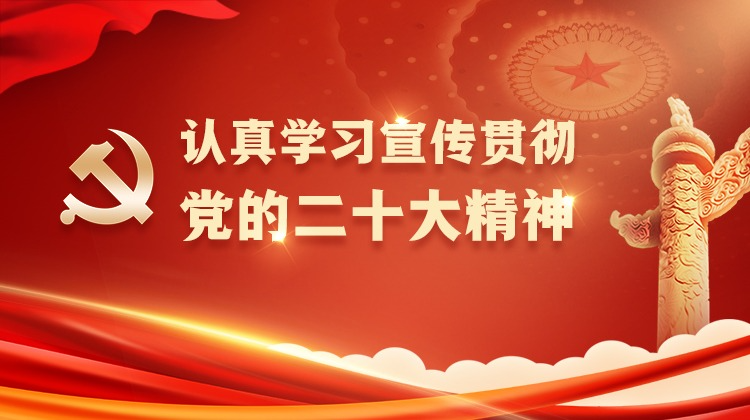By Lin Zhuowei, Gong Weiwei, Xue Lingqiao
(ECNS)— "We Europeans keep engaging positively with China to ensure the competition and trade are free, fair, and rule-based," said former French Prime Minister Michel Barnier during a conference held last Wednesday in Beijing. "The global order needs stability. We must make our decisions independently."
2025 marks the 50th anniversary of the establishment of diplomatic relations between China and the European Union. On May 14, the Delegation of the European Union to China hosted a commemorative conference in Beijing under the theme "Encouraging balance, upholding commitments, embracing responsibilities."
EU Ambassador to China Jorge Toledo, Director-General for European Affairs at the Chinese Foreign Ministry Li Jian, former French Prime Minister Michel Barnier, and over 20 prominent scholars and public sector representatives from both sides attended the event, exchanging views on issues including bilateral trade, geopolitics, and green development.
Against the backdrop of trade tensions, rising geopolitical instability, and the resurgence of protectionism and unilateralism, the EU's position towards China at this pivotal moment caught huge attention at the forum.
"The global economy—and the global order—needs stability," Barnier emphasized in his keynote speech. "What truly matters is what the Europeans will do, and what the Chinese will do."
He added that EU-China trade remains strong, with China being one of the EU's largest trading partners. "Our bilateral trade now exceeds two billion euros per day. And 85% of global trade is made outside of the United States."
Professor Cui Hongjian, Director of the Center of the European Union and Regional Development Studies at Beijing Foreign Studies University, echoed this view, noting that the China-EU relationship should be rooted in its irreplaceable bilateral significance. He highlighted the importance of the partnership in supporting multilateralism and addressing global challenges, as well as the unique "economic symbiosis" and "civilizational partnership" that underpin their ties.
Gunnar Wiegand, visiting professor at College of Europe, Bruges, and Sciences Po, told China News Network that over the past five decades, "Europeans and Chinese have learned to work together on many complex issues—not only those directly tied to prosperity and trade, but also on climate change, biodiversity, food security, humanitarian assistance, and debt-related cooperation in third countries." He noted that EU-China trade has grown from €2 billion annually in 1975 to over €2 billion daily today, illustrating the depth and dynamism of their cooperation.
However, concerns about trade imbalances were also raised during the forum. Marjut Hannonen, head of the Trade Section at the EU Delegation to China, noted that China's trade surplus with the EU rose by 39% year-on-year in April alone, and some European businesses are feeling the pressure of competition.
In response, Professor Ding Chun, dean of the Centre for European Studies at Fudan University, observed that after more than four decades of reform and opening-up, China has achieved significant economic development and a structural upgrade in manufacturing. "When a trading power shifts from inter-industry to intra-industry trade, competition is inevitable," he said. "But fair competition is both natural and necessary. What matters is how we build frameworks that manage such competition constructively."
Ding also highlighted recent progress in bilateral dialogues, noting the continuation of technical-level negotiations following the European Council's vote on electric vehicles. "Even small steps in this direction are beneficial for both sides," he said.
Despite external uncertainties, foreign investment in China remains resilient. Elisa Hörhager, chief representative of the Federation of German Industries (BDI) in China, noted that European businesses have not been withdrawing en masse. "Companies vote with their feet—and they're still investing," she said. "In fact, different chambers of commerce doing service here show that companies are even choosing increased investment—I would say that there is a way to benefit from these advantages that China has in a way that also furthers economic interests we have in Europe."
"The coexistence of competition and cooperation is a sign of maturity in bilateral economic relations," Ding added. "Rather than politicizing or securitizing trade issues, both sides should stay focused on resolving concrete problems through dialogue and negotiation, jointly safeguarding the multilateral trading system and the stability of global industrial and supply chains."







 新华报业网
新华报业网














 Android版
Android版
 iPhone版
iPhone版




